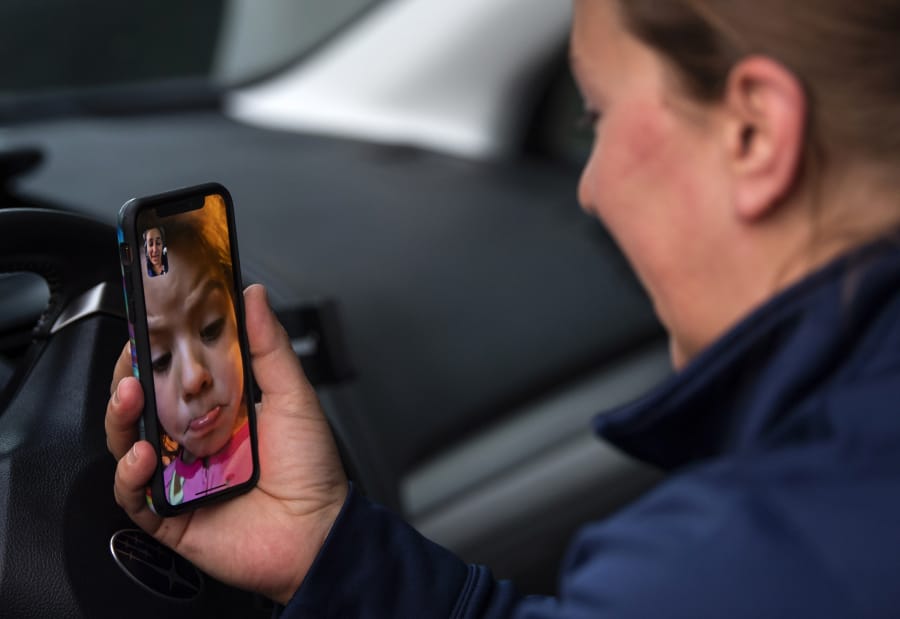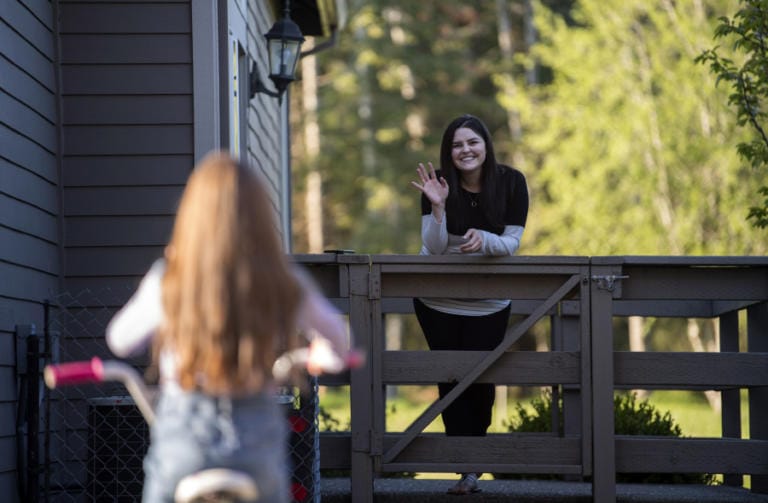Three intensive care unit nurses at PeaceHealth Southwest Medical Center significantly altered their home lives in April as they figured out how to navigate the coronavirus pandemic.
The Columbian interviewed and photographed the nurses over the course of several weeks. Medical personnel across the U.S. have moved into hotels, sent children away, or altered their living situations to protect themselves and others.
These three nurses work at the local hospital that has seen the most coronavirus patients, and in the unit that has the sickest patients. PeaceHealth Southwest has treated more than 50 patients. These nurses have been on the front line of the pandemic response — at least 86 medical workers in Clark County have contracted the virus, although some of those people may have been infected outside their workplaces.
With visitors excluded, the nurses are playing the role of family for patients on their deathbeds. They’ve held phones to ears for final goodbyes. Or brought in tablets for video calls.





